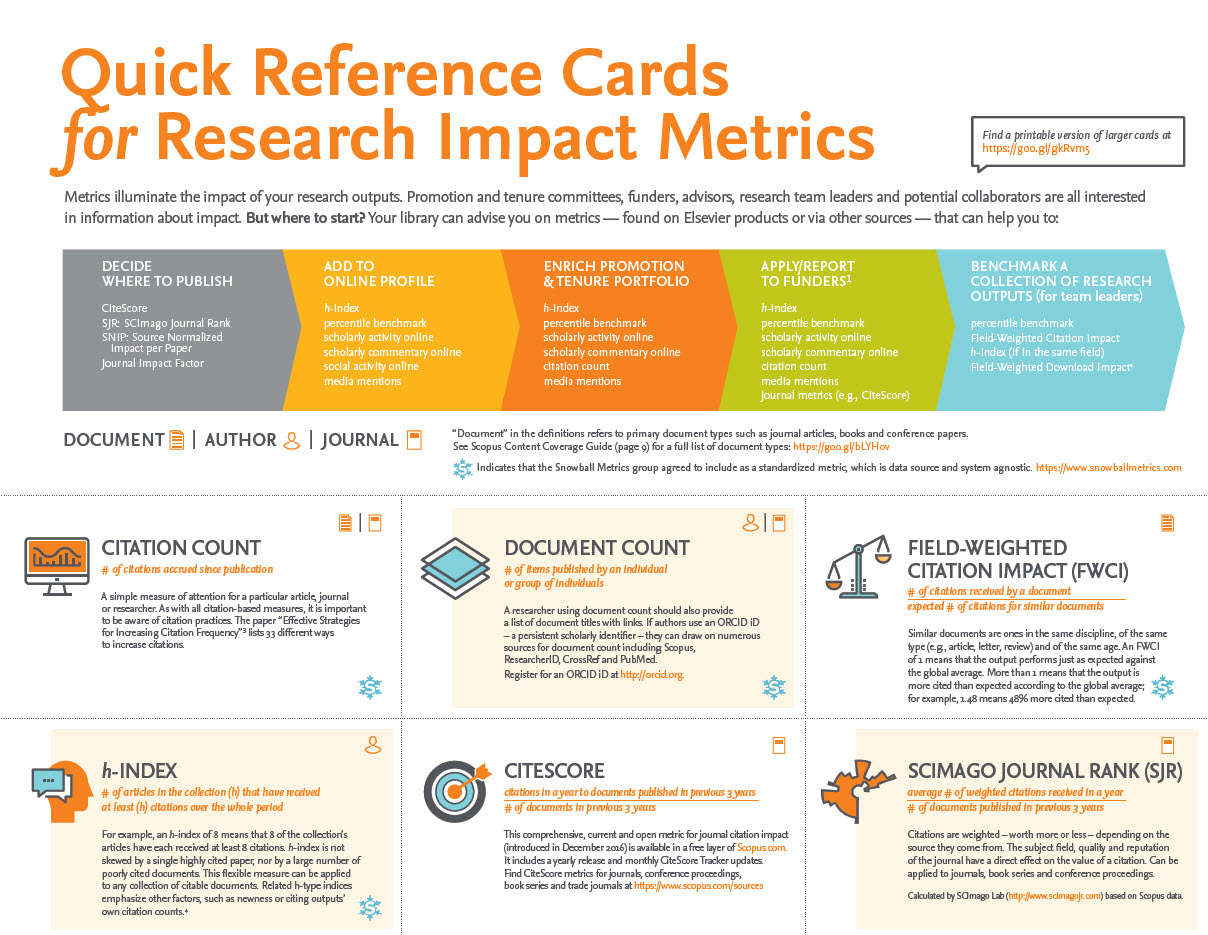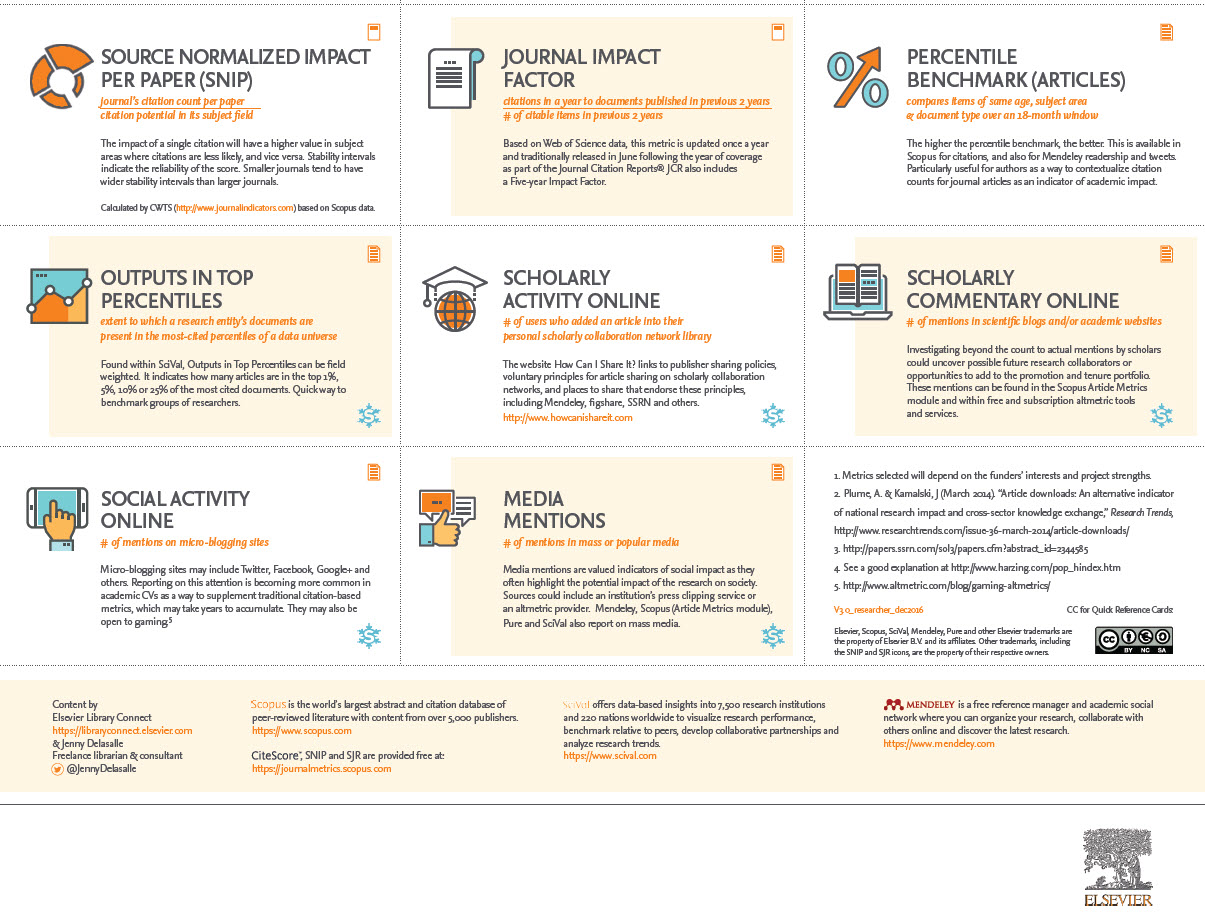-
Courses

Courses
Choosing a course is one of the most important decisions you'll ever make! View our courses and see what our students and lecturers have to say about the courses you are interested in at the links below.
-
University Life

University Life
Each year more than 4,000 choose University of Galway as their University of choice. Find out what life at University of Galway is all about here.
-
About University of Galway

About University of Galway
Since 1845, University of Galway has been sharing the highest quality teaching and research with Ireland and the world. Find out what makes our University so special – from our distinguished history to the latest news and campus developments.
-
Colleges & Schools

Colleges & Schools
University of Galway has earned international recognition as a research-led university with a commitment to top quality teaching across a range of key areas of expertise.
-
Research & Innovation

Research & Innovation
University of Galway’s vibrant research community take on some of the most pressing challenges of our times.
-
Business & Industry

Guiding Breakthrough Research at University of Galway
We explore and facilitate commercial opportunities for the research community at University of Galway, as well as facilitating industry partnership.
-
Alumni & Friends

Alumni & Friends
There are 128,000 University of Galway alumni worldwide. Stay connected to your alumni community! Join our social networks and update your details online.
-
Community Engagement

Community Engagement
At University of Galway, we believe that the best learning takes place when you apply what you learn in a real world context. That's why many of our courses include work placements or community projects.
Research Metrics Guide
Metrics Quick Guide
In keeping with the principle of Responsible Metrics, it is important to state a single metric should never be used as a surrogate measure of the quality of research, but instead should be considered alongside a range of relevant research metrics, outputs and other types of qualitative factors.
Please also bear in mind the following considerations when using Bibliometric Research Metrics:
- The databases that supply data for citation counting and bibliometric data differ in coverage, each indexing different journals and books. Hence results will vary depending on the data source used.
- Disciplines vary in their publication and citation practices. Certain disciplines have higher citation norms compared to others, and hence it is important to compare researchers within their discipline areas.
- Bibliometrics focus on measurement of citations, mostly in journal articles. Disciplines such as arts and humanities and social sciences rely less on journal publications and hence may be misrepresented by bibliographic metrics alone.
- Citation counting will automatically favour experienced researchers over those at an earlier stage in their career as they will have produced a greater number of outputs. Only researchers at similar career stages should be compared.
- Metrics include self-citing, so it is important to compare like with like.
- Keep in mind not all citations are positive - a paper may be cited because it is an example of ‘bad’ research.
Research Metrics Quick Guide
The table below showcases a range of different bibliometric research metrics commonly used and their definitions. Download a copy of the Quick Reference Cards for Research Impact Metrics .


News
27th September 2023
University of Galway retains it's global rank of 301-350 in the Times Higher Education (THE) World University Rankings 2024.
20th Sept 2023
27th June 2023
1st June 2023
22nd March 2023
12th October 2022
University of Galway has climbed in the latest Times Higher Education World University Rankings for 2023, into the 301-350 category, up from the 351-400 category last year.















